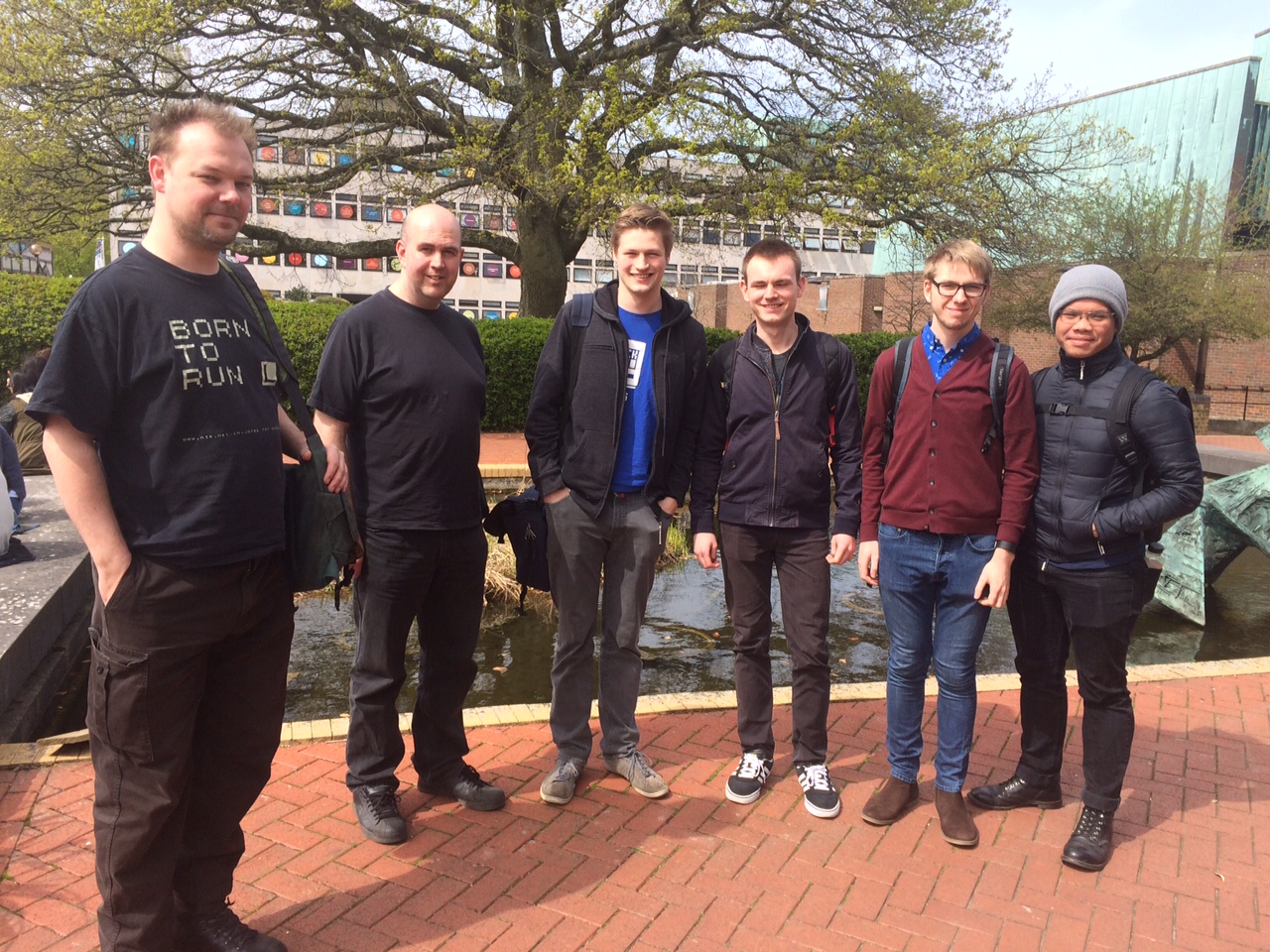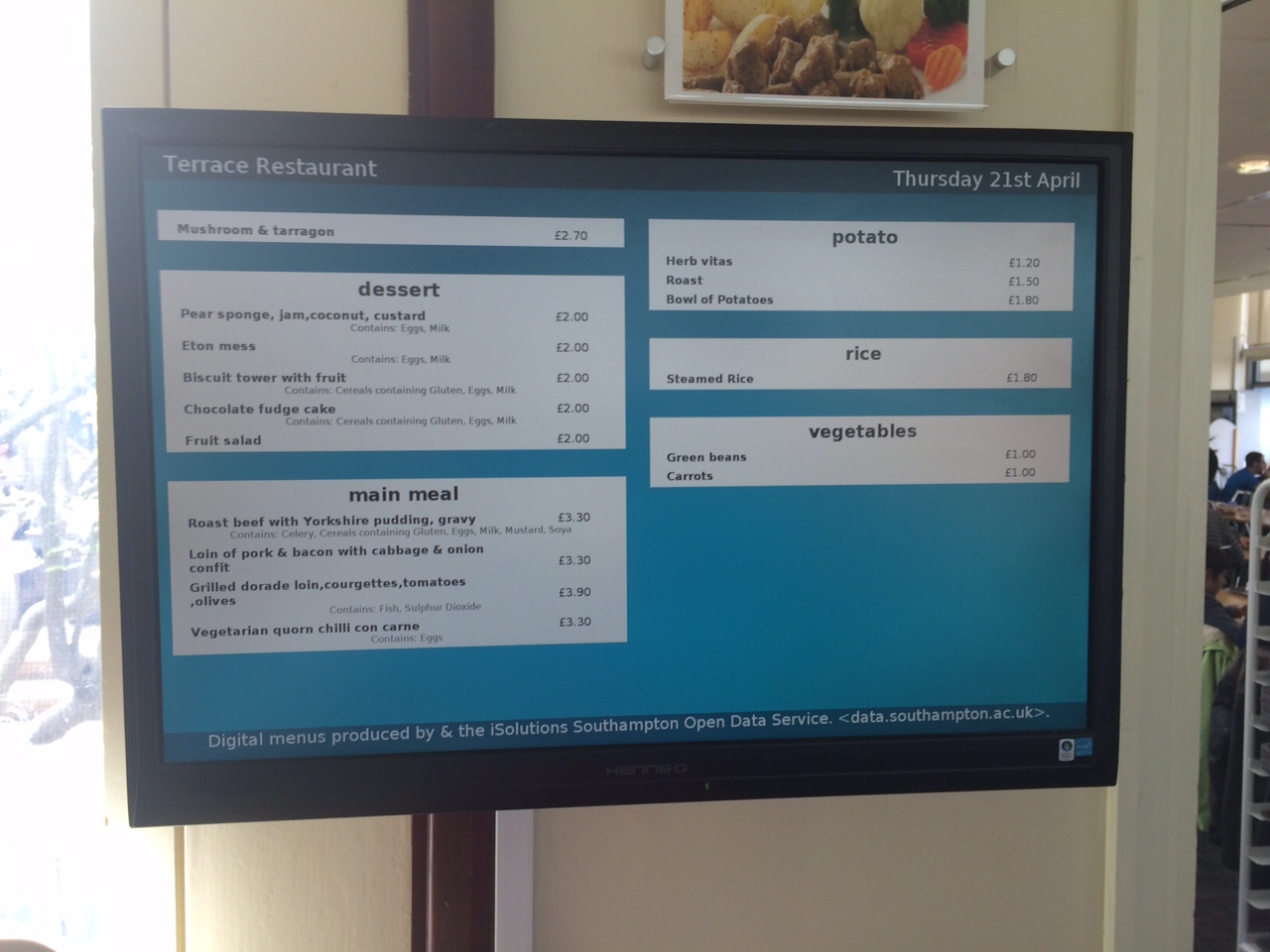ISD Trip to University of Southampton
A few months ago, we (TechSoc) in conjunction with UCL’s Information Services Division (and more specifically Janina) set up a monthly meetup where students and staff can come together for a productive dialogue. In this meetup both parties can freely express their needs, wants, desires, hopes, and dreams in regard to all things digital roadmap at UCL.
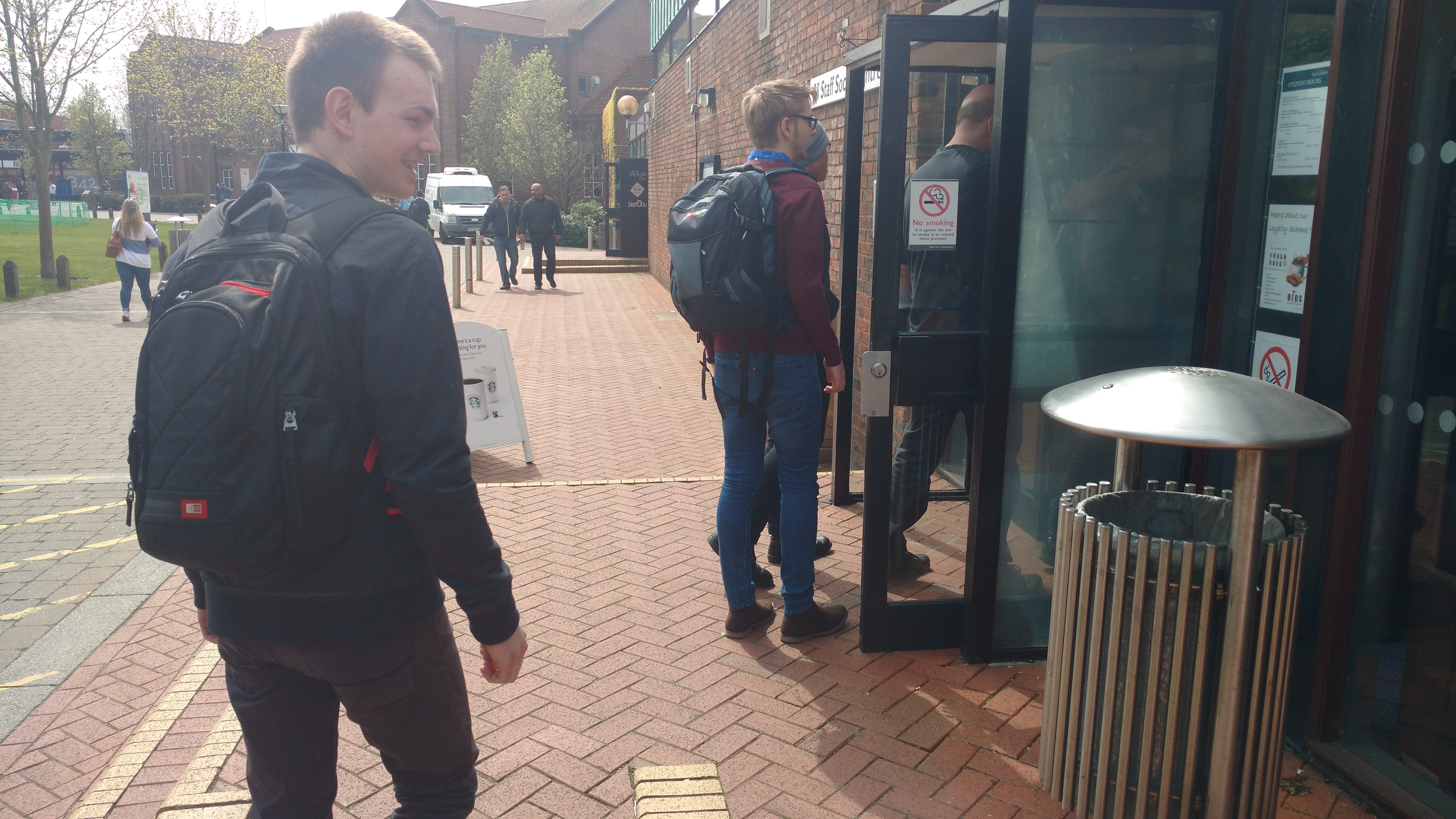
We’ve covered a variety of different things in the few meetups that we’ve had so far, but the one thing that we as students have been pushing for a lot is what we call api@ucl. We are looking to establish a platform for open data and for an open API at UCL. With this platform, any UCL student should be able to extend the digital ecosystem with their own software that can interact with some of UCL’s existing systems.
There are a few universities around the world which are already providing their students with open data / an open API. In the UK, the most well known one of those is the University of Southampton. So last Thursday (21 April 2016) we took the train down to Southampton to learn from them how they went about opening up their systems and what the challenges were they faced in the process.
In Southampton we were warmly welcomed by Ash Smith, and later by Chris Gutteridge who were more than happy to talk about their journey and the things that they have gone through while building out their open data platform over the past few years.
So here are a few things that we learned about:
The University of Southampton Open Data project initially started as Chris’ pet project, which he worked on in his own time, but it started evolving as people realised its usefulness.
The earliest and most widely spread use cases were built on top of open maps and open events data, however the biggest success was the catering automation system (picture below), which consolidates daily menus from the university’s cafes and restaurants. It’s used campus-wide and has even won an award!
Another interesting point they made is that, empirically, as a general rule, the quality of the data increases as a result of making it open. When more people start to see and use the data, they are more likely to provide updates and corrections.
Of course, in the attempt to aggregate more data from different parts of the university, there are several challenges. Not everybody wants to give up their data and make it open. The concerns and excuses tend to be similar and are outlined in the “Open Data Excuse Bingo” card:
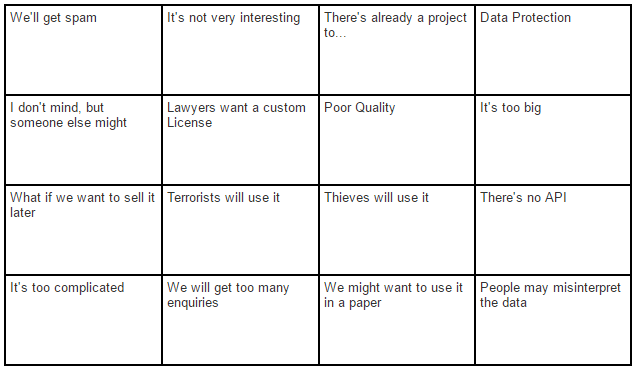
(Also, see a write up of responses which have proved effective.)
While the concerns can be valid in certain contexts, it’s often the case that people are afraid of being held responsible in case the data is misused in any way.
Finally, they noted that it is good practice to consume all of the data you provide. This is useful not just to provide an example to developers in regard to how the data could be used, but it also helps with quickly discovering potential errors in the data.
Overall it was a great, and super interesting trip that I am glad to have been a part of. We learned a ton, and will now apply many of the learned lessons to our efforts of establishing an api@ucl.
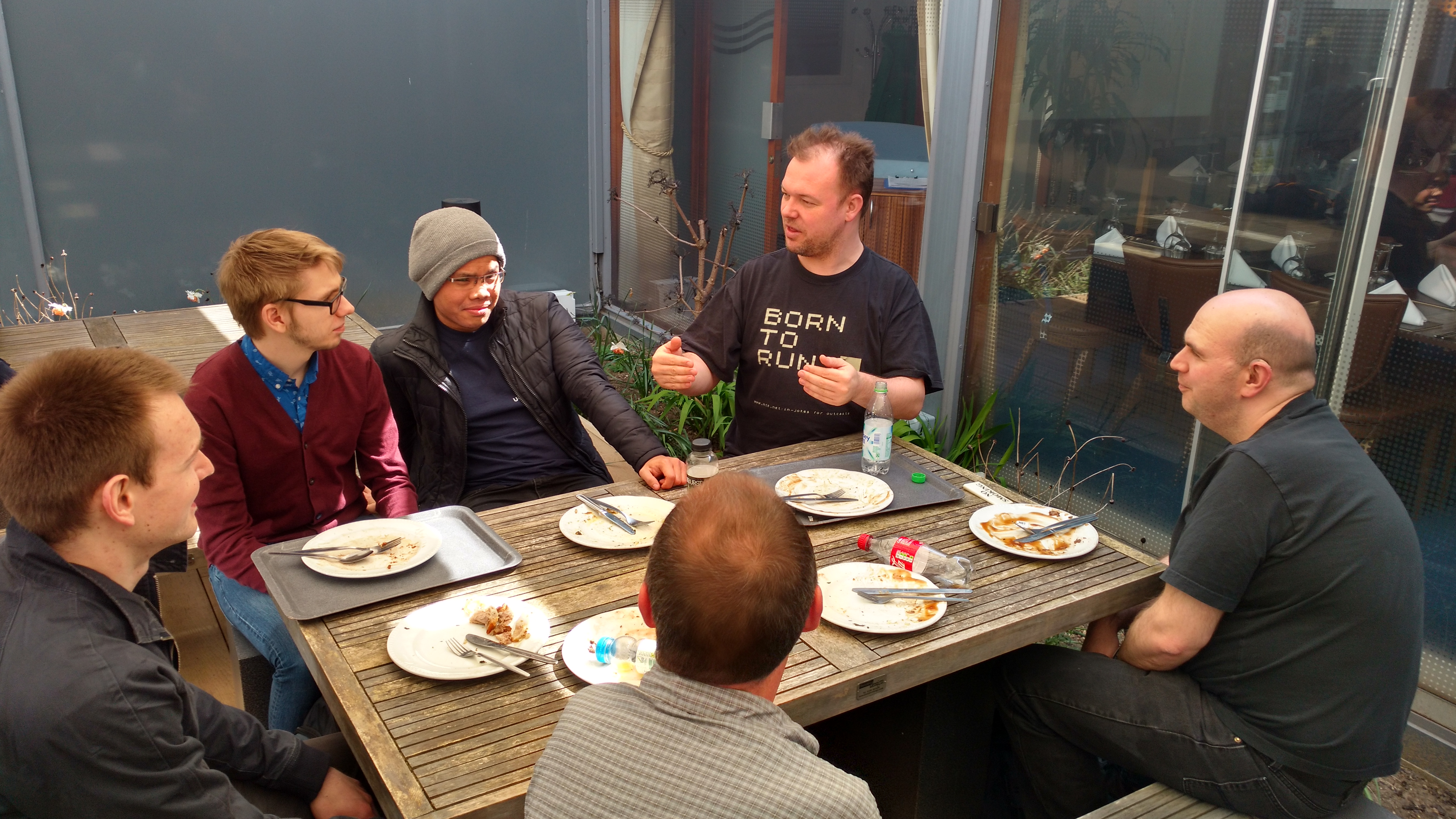
If you are curious about what we are doing and want to get involved, join us at our next TechSoc x ISD Meetup on the 8th of June from 5pm-7pm in the Podium. (All UCL staff and students welcome)
You can also sign up to our TechSoc ISD joined Slack with your UCL email address: techsocISD.slack.com
